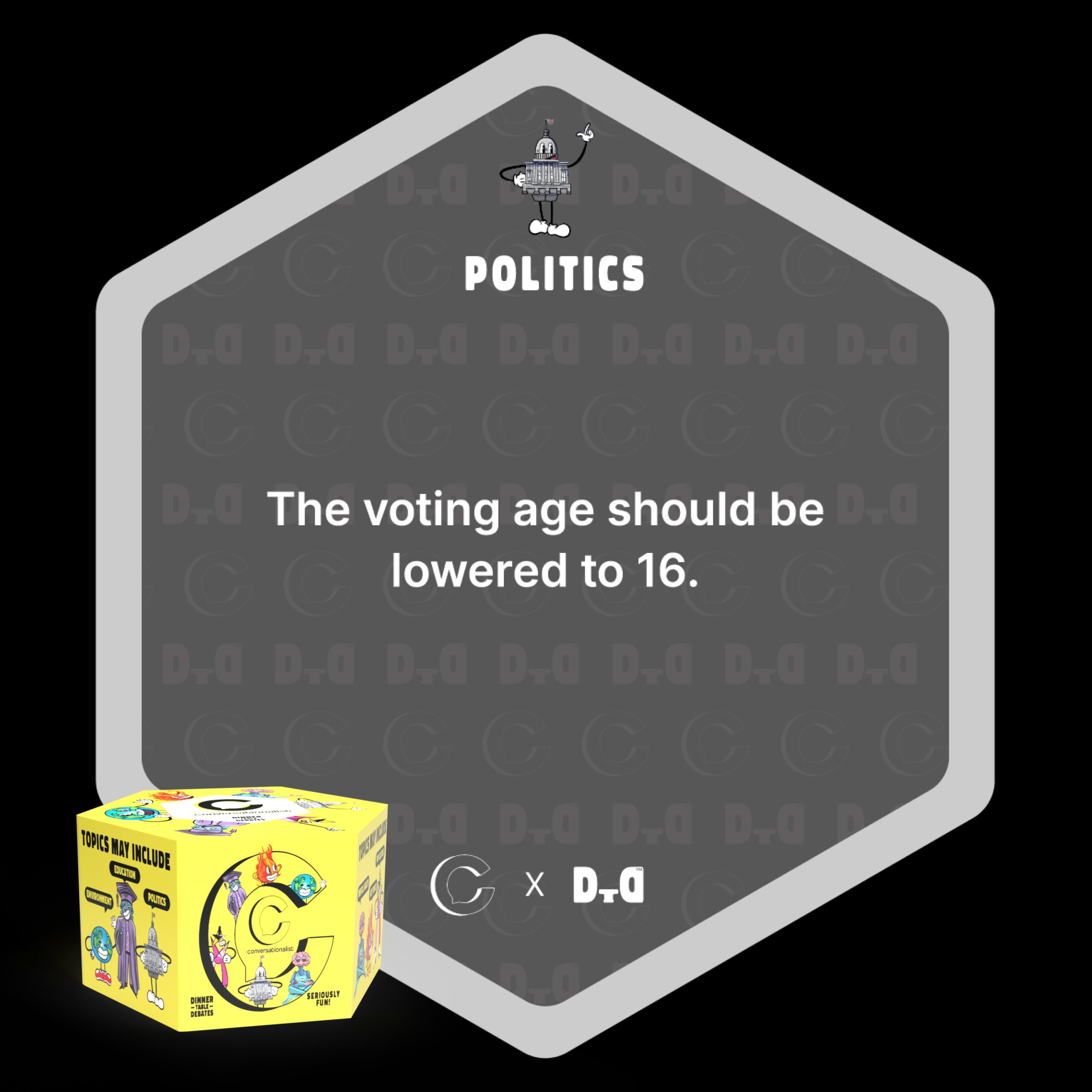Nostalgia: that warm, bittersweet feeling that can take you back to simpler times, like hearing an old song or flipping through childhood photos. But how does this yearning for the past affect us in the present? Does it inspire us or hold us back? Are we celebrating cherished memories or clinging to illusions that distort our understanding of today and tomorrow? Is nostalgia a friend or a foe to our progress and well-being?
"Welcome to your Dinner Table Debates Daily Deep Dive where we explore real topics from our decks and give you everything you need to debate, in under 10 minutes. Today's topic is 'On balance, nostalgia causes more harm than good,' and it comes from our Full Size Essentials Collection deck. Let's dig in."
Nostalgia, derived from the Greek words nostos (return home) and algos (pain), was once considered a medical condition—a form of homesickness. Today, it’s widely understood as a sentimental longing for the past. Psychologists have identified both personal nostalgia, which reflects individual memories, and collective nostalgia, tied to cultural or societal experiences.
Philosophers throughout history have weighed in on our relationship with the past. Friedrich Nietzsche, for instance, warned against the "monumental view of history," where excessive reverence for the past stifles present creativity. On the other hand, thinkers like Jean-Jacques Rousseau idealized certain aspects of the past, suggesting that simpler times were closer to humanity's natural state.
In recent studies, researchers have found that nostalgia can boost mood and foster social connections. Yet, it can also lead to distorted memories and hinder growth by trapping individuals or societies in an idealized version of the past. For example, a 2014 study in the journal Social Psychological and Personality Science showed that nostalgia could increase resistance to change, making it harder to adapt to new circumstances.
This topic matters because nostalgia shapes both personal decisions and societal trends. Whether it’s in politics, where nostalgic rhetoric can sway elections, or in our personal lives, where clinging to the past may affect mental health, understanding nostalgia’s role is essential. Does it serve as a comforting anchor or a chain holding us back?

How old were you when you first felt truly aware of the world around you—the politics, the issues, the community decisions? In many cases...

Every year at tax time, you’re probably hoping to get a refund or may have a tax bill to pay, but how does paying...

Remember the moment when NFL quarterback Colin Kaepernick took a knee during the national anthem, sparking a nationwide debate? His protest against police brutality...